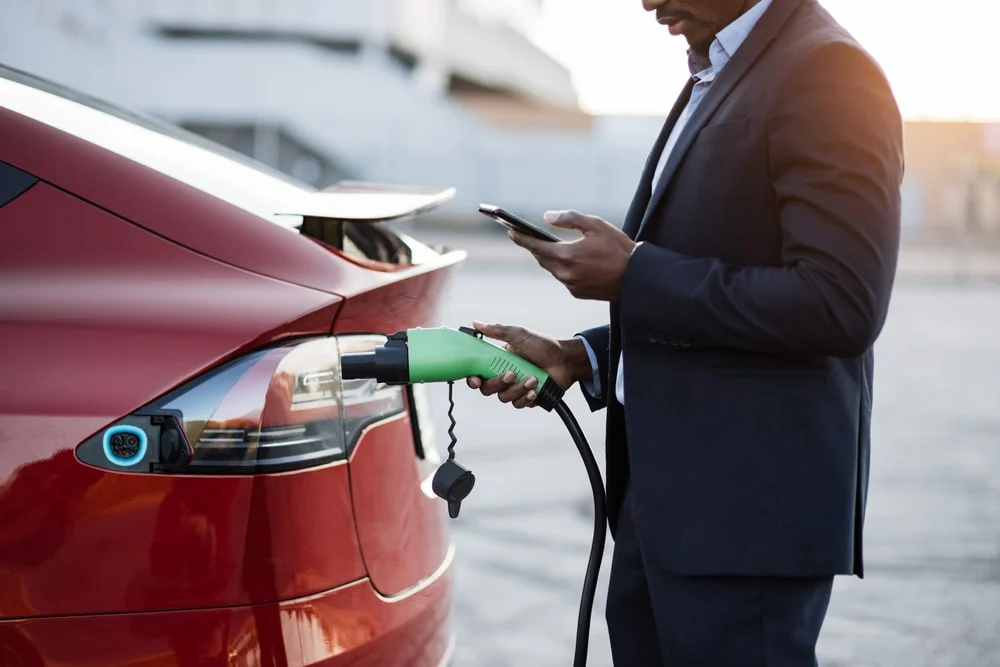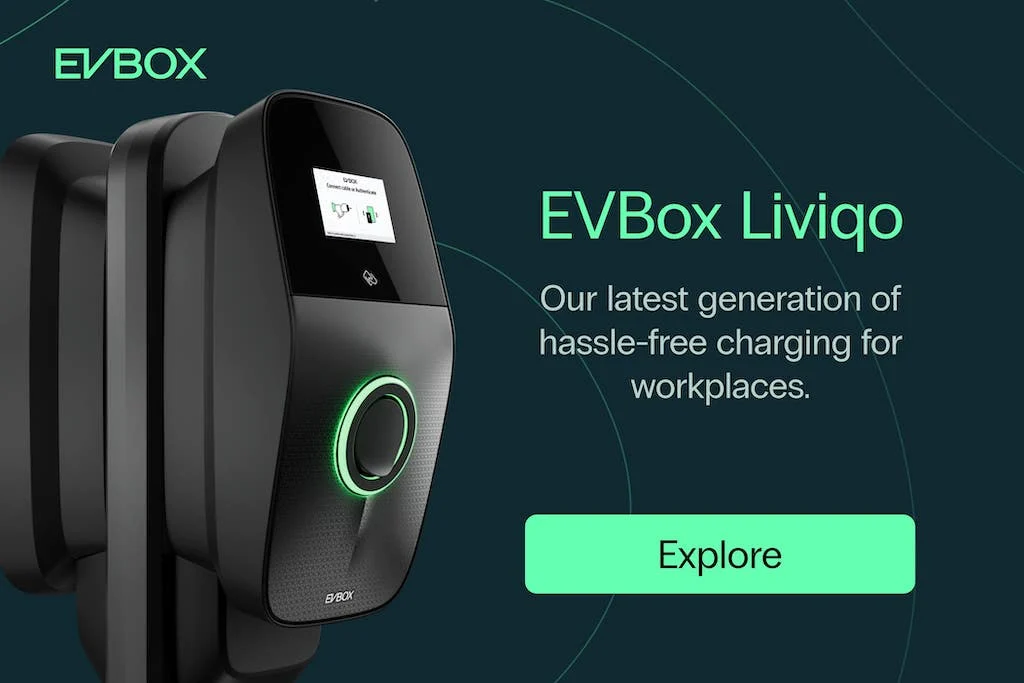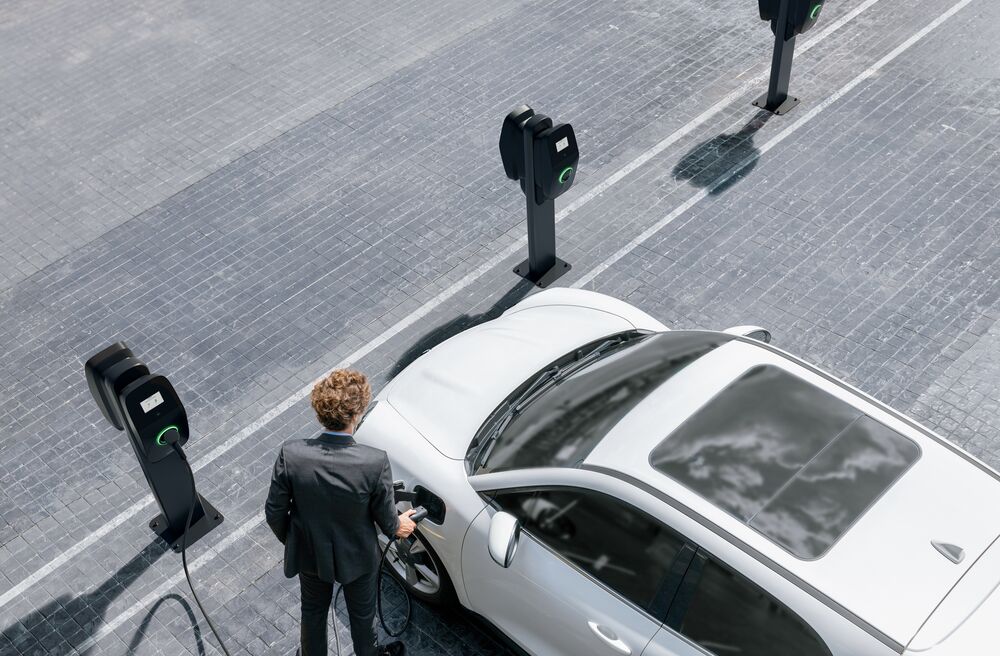On average, AC workplace EV chargers typically cost around €1,300 per charging port (excluding installation costs).
However, the exact price of a workplace electric vehicle (EV) charger can vary significantly depending on several factors. These include the brand and model of the charger, its features, and importantly, the often overlooked installation costs associated with wiring and setting up each station.
As a general rule, installation costs usually make up between 60-80% of the total investment. This can escalate to tens of thousands of euros if you're planning to install a larger network, such as 5, 10, or even 25 stations.
Note: All the information above relates specifically to AC charging stations. There is a significant difference between AC and DC charging stations.
DC (fast) charging stations fall into a completely different category, generally costing around €50,000 per unit (again, excluding installation costs, which are usually between 30-50% of the total purchase price).
This article will focus on AC charging solutions for clarity. If you'd like to learn more about DC charging, check out our free guides: “Everything your business needs to know about DC charging†or “15 questions to answer before investing in DC chargingâ€.
Revolving Vertical Blade Foam Cutting Machine
China leading manufacturers and suppliers of Revolving Vertical Blade Foam Cutting Machine,Horizontal Flexible Foam Cutting Machine, and we are specialize in Cnc Hot Wire Foam Cutting Machine,Polyethylene Foam Sheet Cutting Machine, etc.Adhering to the mission of "continuous development and innovation, making people's work easier and life better!", after experiencing countless transformations and sublimations of self-innovation, it has accumulated a solid foundation and strong strength, and is bursting out with infinite prosperity The positive energy, soaring towards a better tomorrow!
Revolving Vertical Blade Foam Cutting Machine,Horizontal Flexible Foam Cutting Machine,Cnc Hot Wire Foam Cutting Machine,Polyethylene Foam Sheet Cutting Machine
Dongguan Hengkun CNC Equipment Co.,Ltd , https://www.kmscutter.com







